Archive
2020
KubaParis
Protect me from what I desire
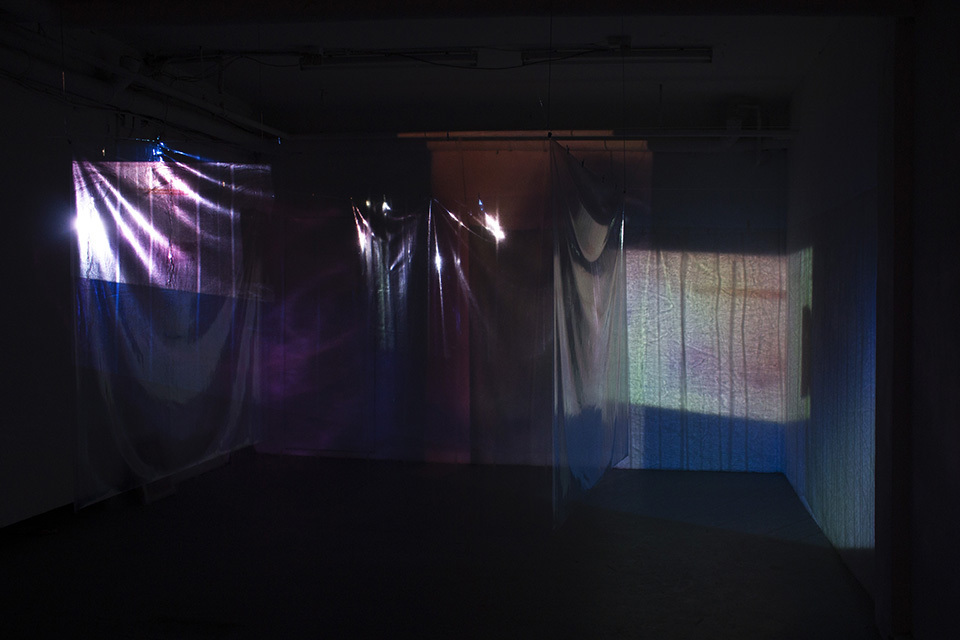
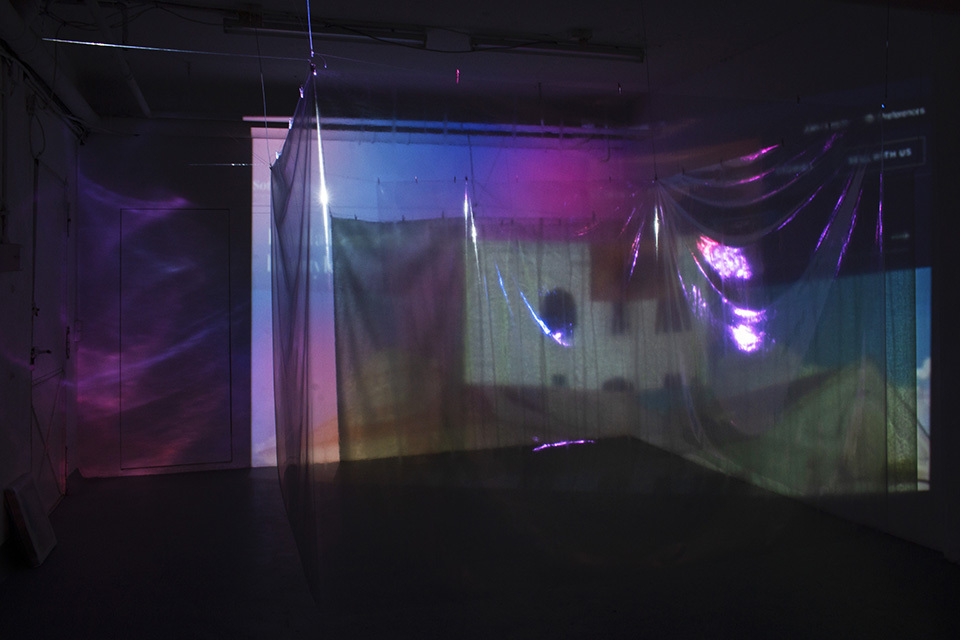
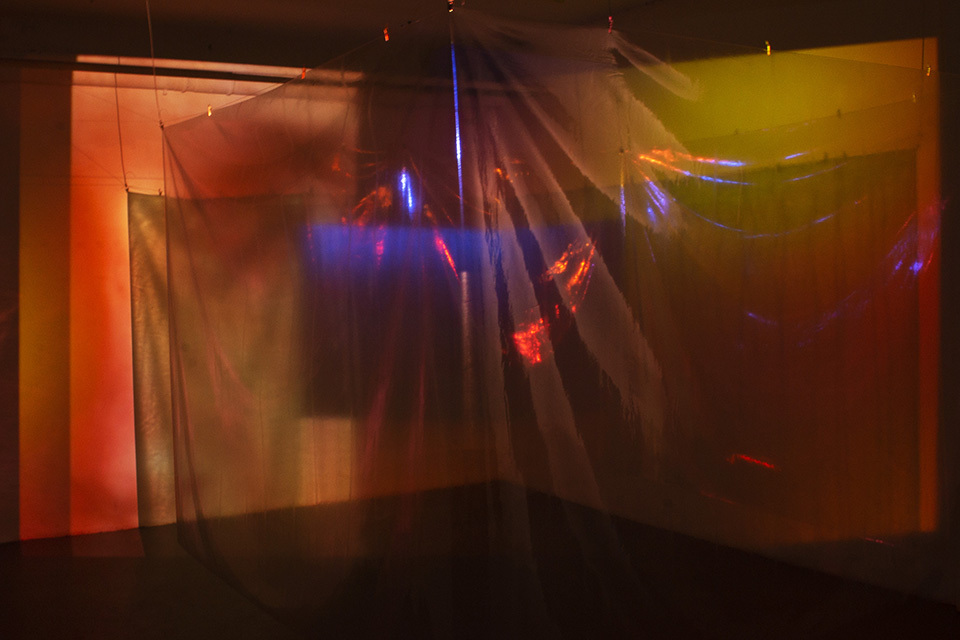
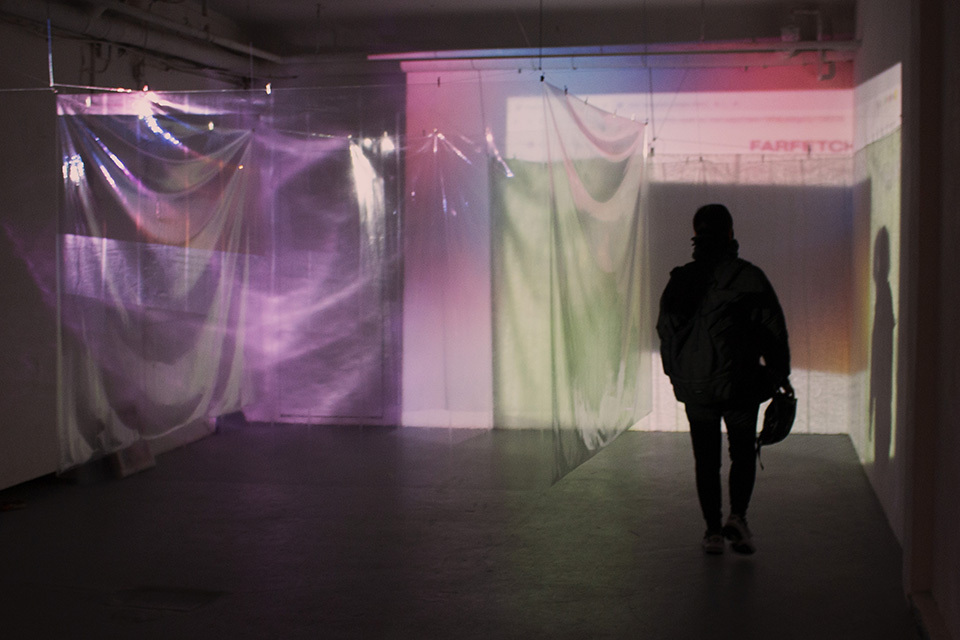
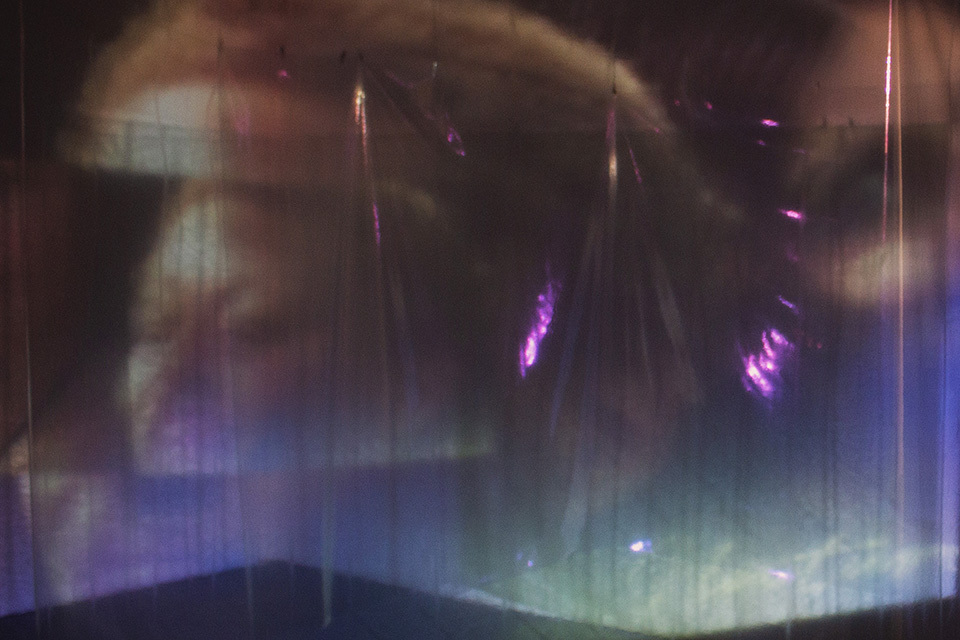
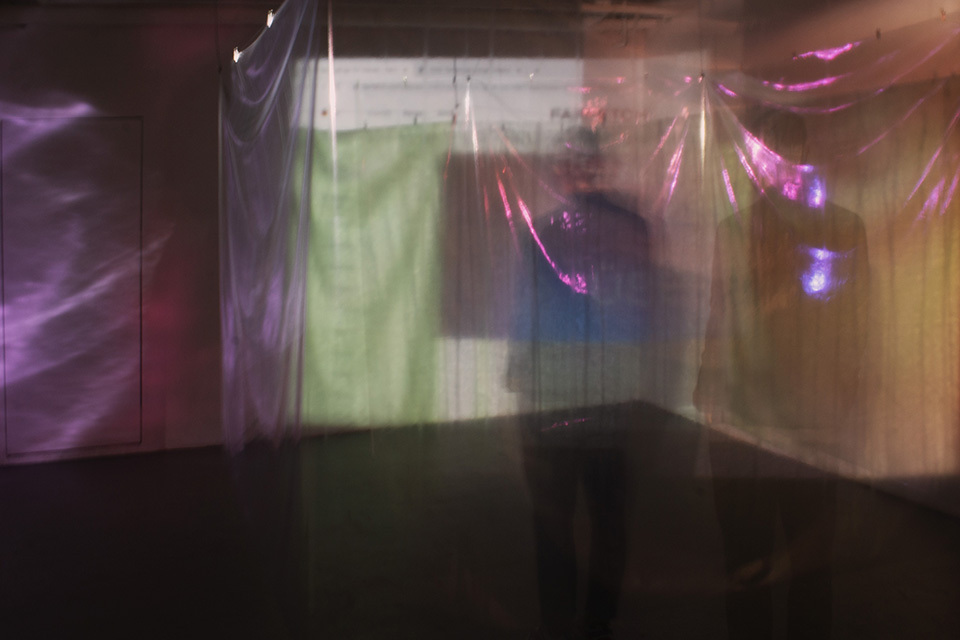
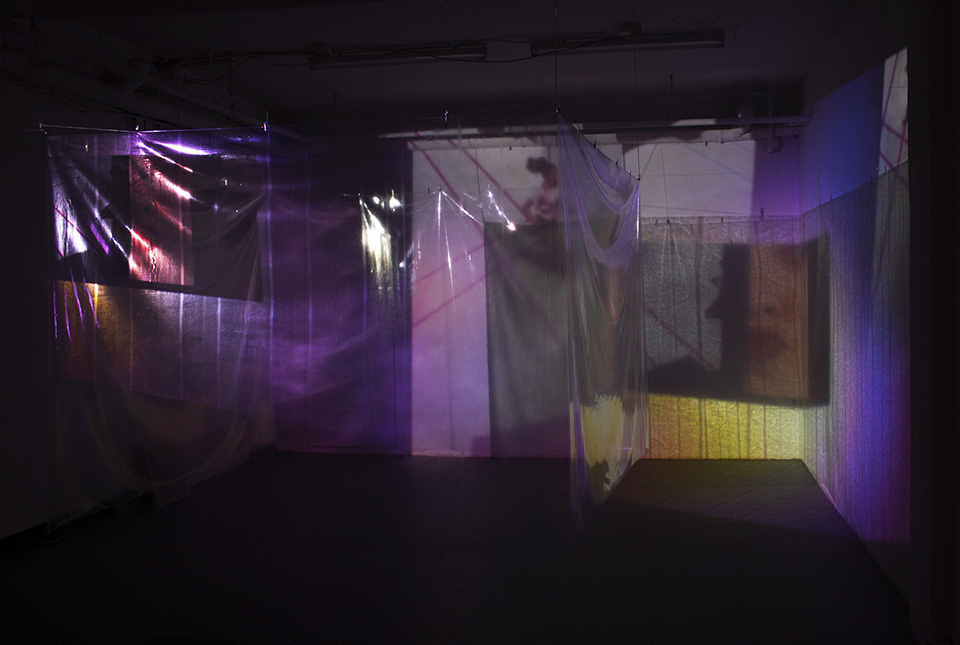
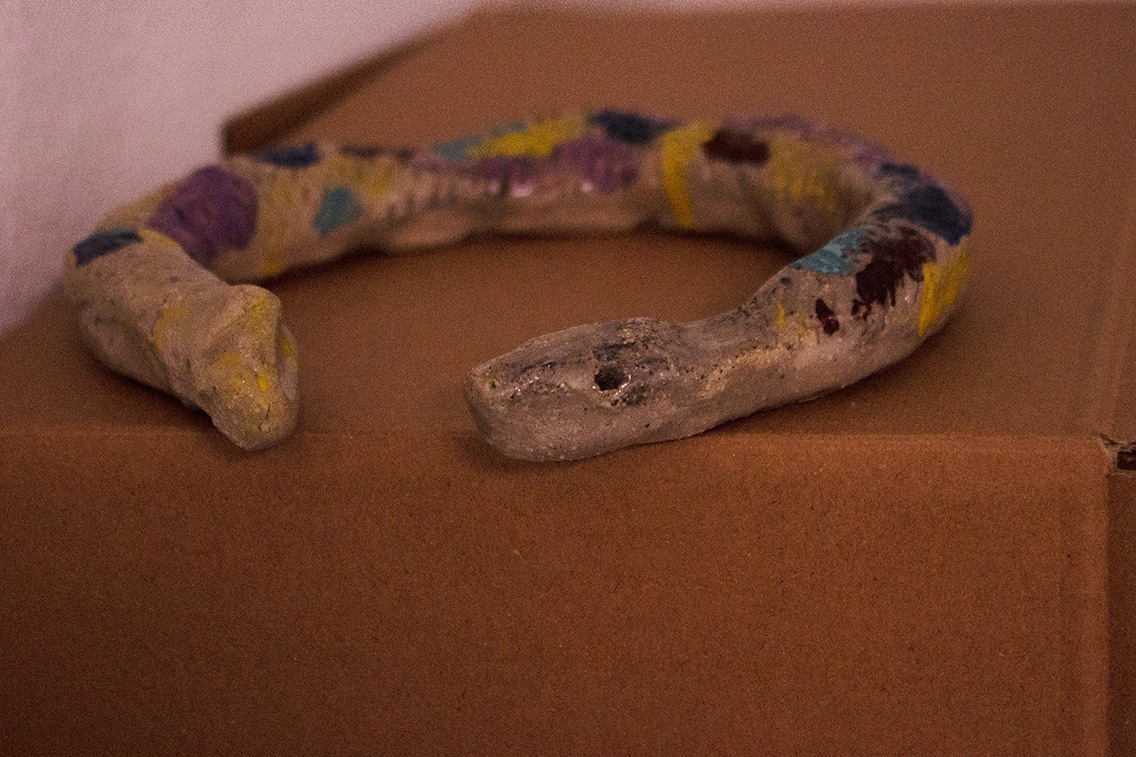
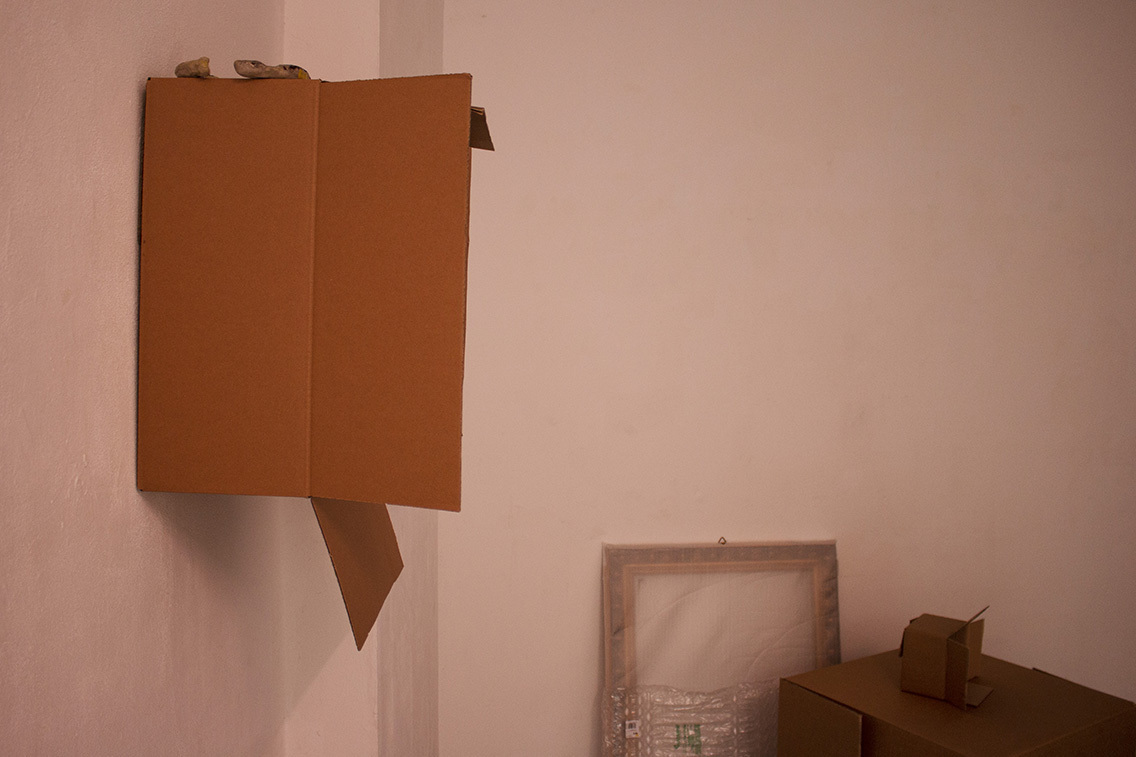
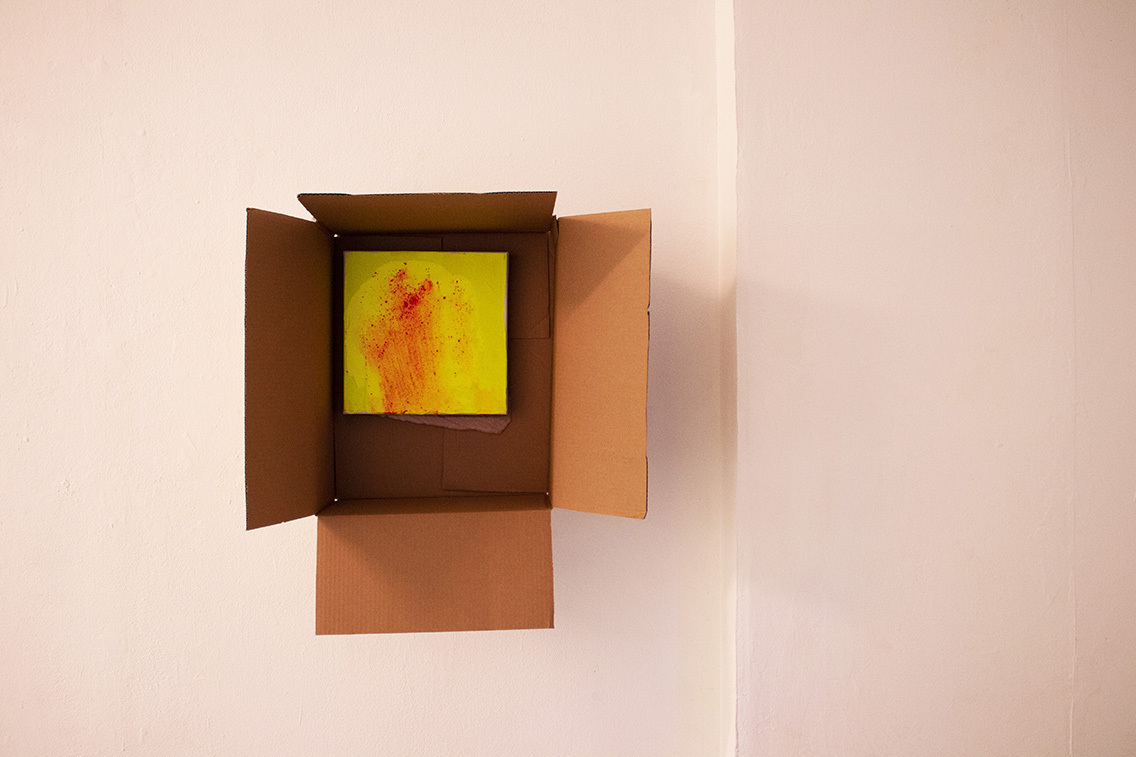
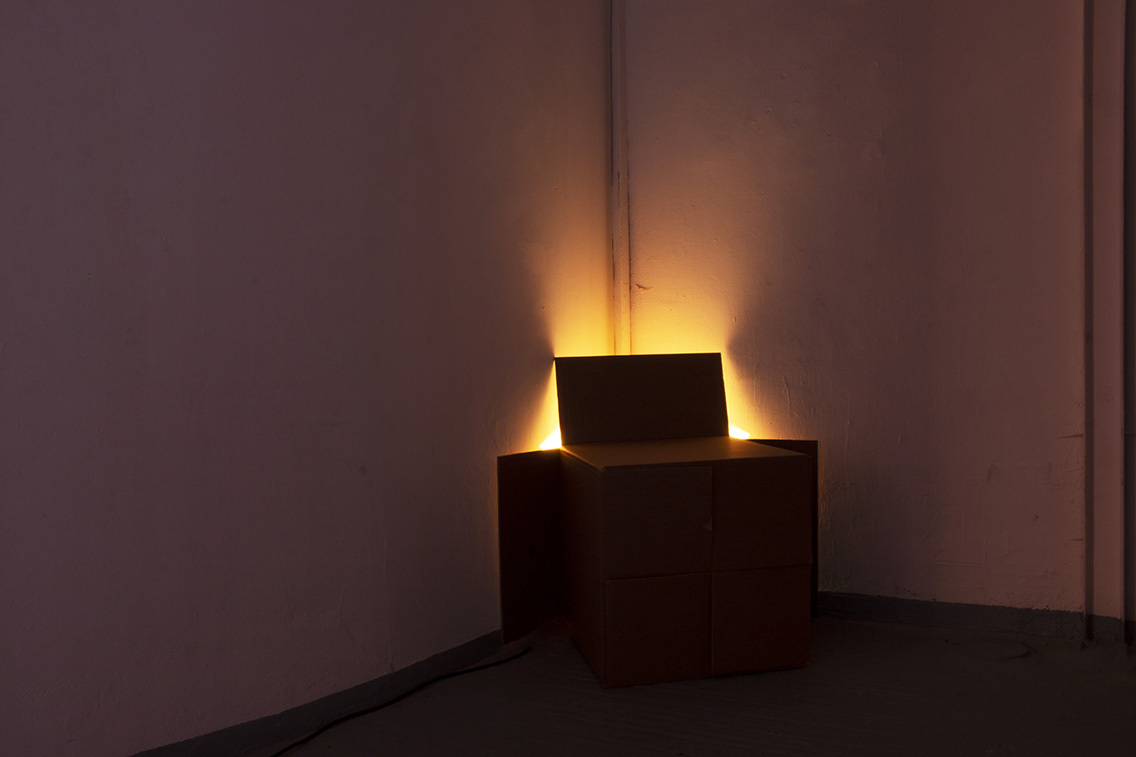
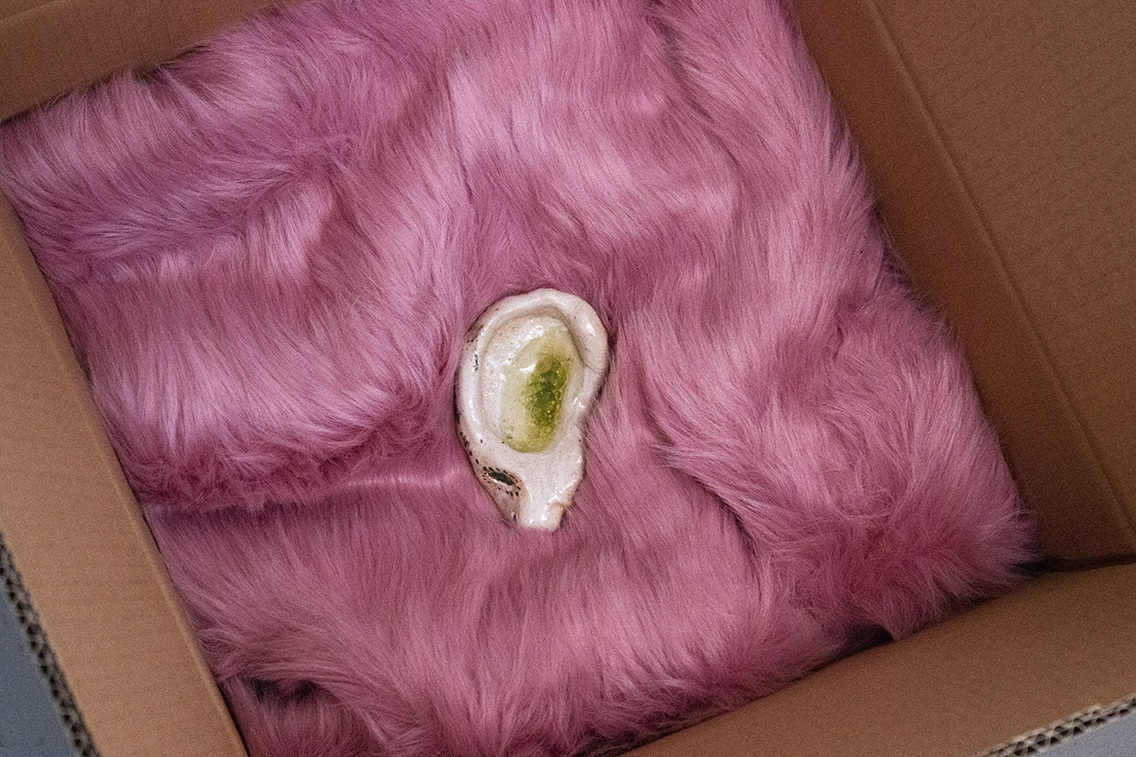
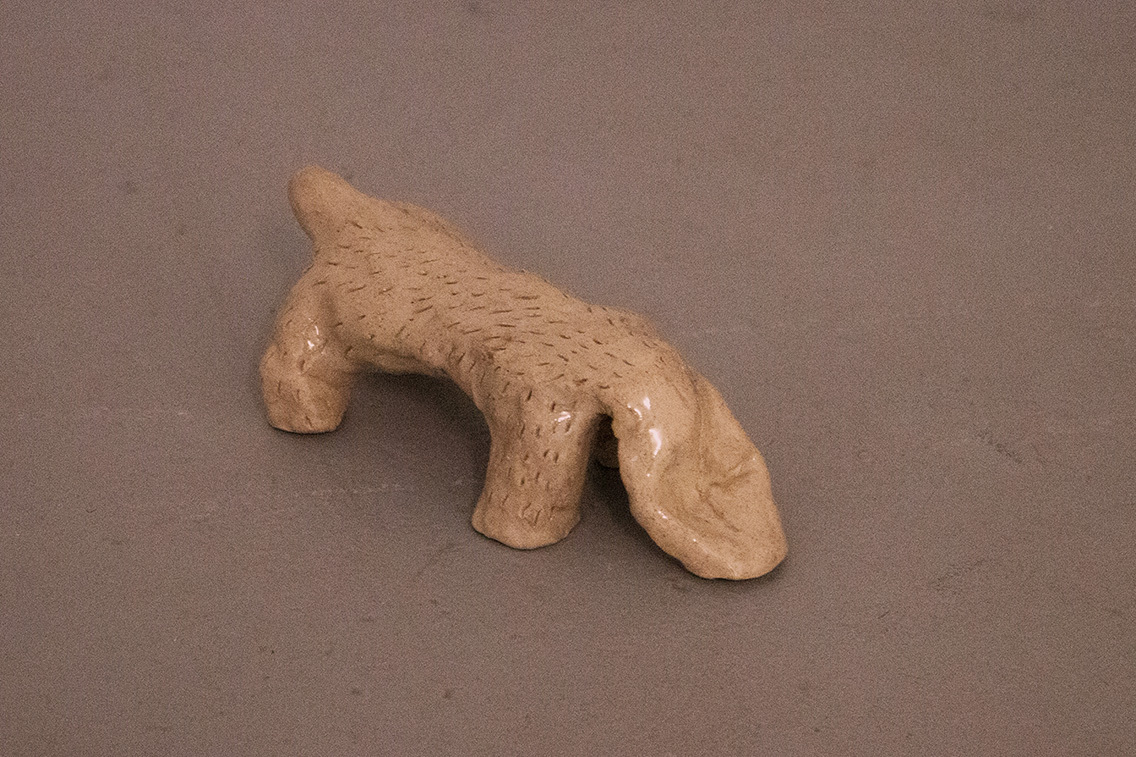
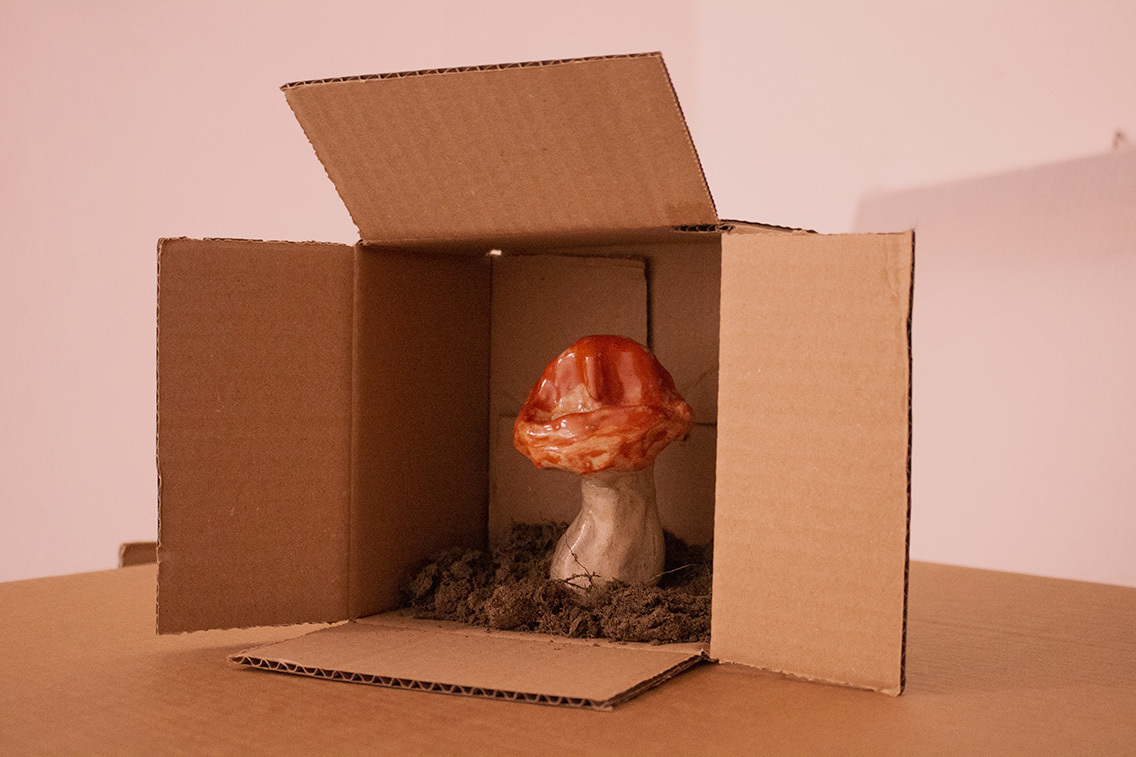
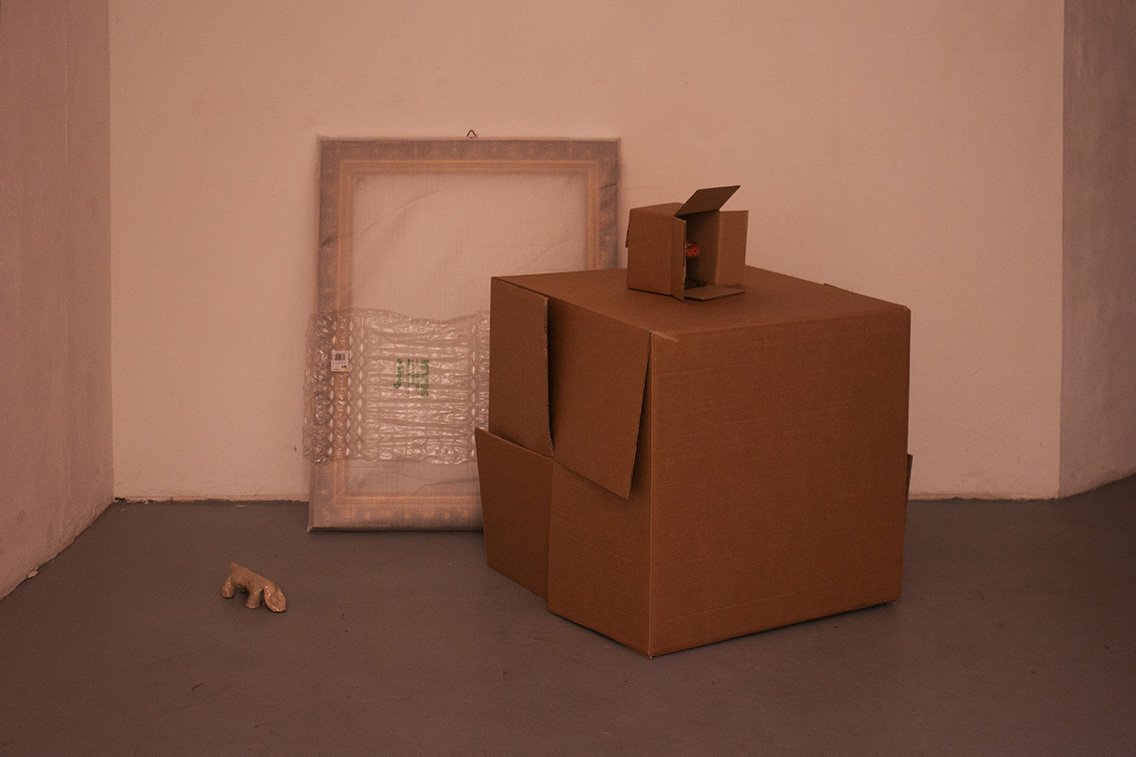
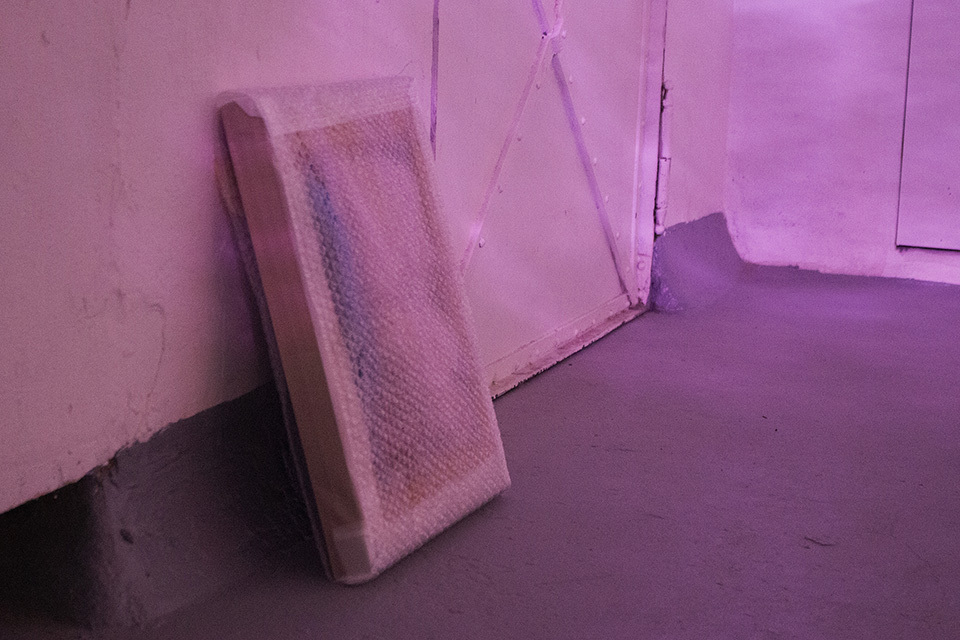
Location
Basis ProjektraumDate
27.10 –30.10.2020Curator
Teodora TalhoșPhotography
Faina YunusovaText
Someone once famously stated that it is easier to imagine the end of the world than the end of Capitalism, meaning that it is almost impossible to find a feasible alternative to the current socio-political system. At the same time, we have moved beyond the point where we would still believe that criticism can lead to real changes in the capitalist society. The consumerist machinery becomes day by day greedier and hungrier, as the planet resources become more exhausted. Why can’t we stop? Why don’t we want to stop? Because the human desire to accumulate commodities is on the rise, fueled by the materialist environment surrounding us.
The exhibition Protect me from what I desire focuses on these never satisfied cravings for more and on the underlying power dynamics they produce.
Faina Yunusova (*1991 in Tashkent, Uzbekistan) and Oleg Komarov (*1988 in Samara, Russia) question in their works the human behavior influenced by the constant need of self-fulfillment through consumption. With irony and playfulness, they uncover some of the power structures that regulate and control our actions by rendering them visible and inverting their dominance.
In Bearbeitung… takes as its starting point a survey carried out by Faina Yunusova on social media, in which her friends and followers were asked what would they buy if they had no financial constraints at all. Disregarding the geographical distance (most of the interviewees were from Frankfurt, others were from Uzbekistan and Russia), the answers were strikingly similar: real estate, art and voyages – underlining the uniformity that the capitalist thinking pattern has managed to induce all over the Globe. The two artists overlap these almost standardized answers with their own portraits, suggesting their personal involvement in the phenomena and inability to escape it, at the same time enjoying it or feeling guilty for it.
Nevertheless, there are also deviations from the implemented norm. The scattered boxes lying on the floor or carelessly hung on the wall seem at a first glance to be the leftovers of a chaotic shopping spree. However, when opened, they reveal unanticipated contents that mock our expectations and curiosity.
The transparent cube recalls a modified version of Jeremy Bentham’s panopticon, an asymmetrical surveillance system which allows many subjects to be simultaneously seen by a central observer, without ever knowing for sure when and if they are observed.
Contrary to the dystopian future based on Bentham’s panopticon that is described in George Orwell’s 1984, where one singular Big Brother watches over everyone, the power-structures nowadays are defined by a more subtle and refined control technique – transparency. As the philosopher Byung-Chul Han notes in his writings, thanks to social media platforms, we have become subjects and objects of a constant, tireless surveillance. Due to the need of social approval, we willingly expose ourselves, disclosing personal information, while following others doing exactly the same. Moreover, this kind of voyeuristic exposure brings us pleasure, contributing to the completion of a new society of control – a society where subjects happily give up their freedom, not through violent oppression, but through self-generated need.
Teodora Talhoș